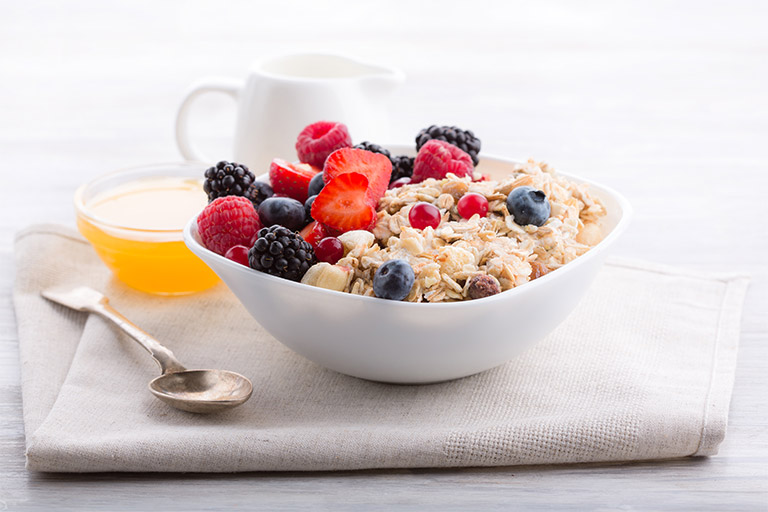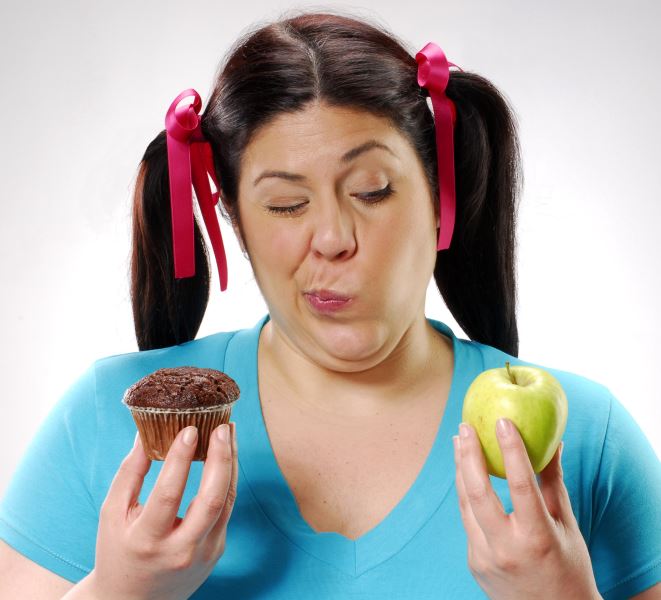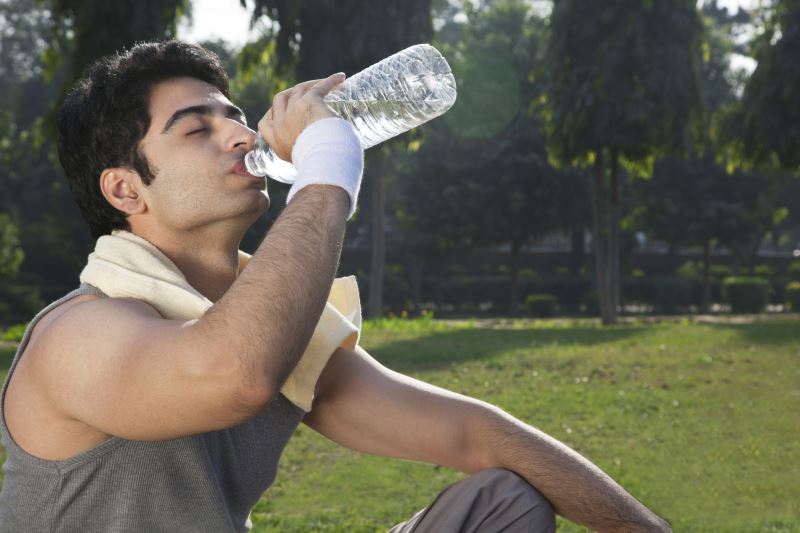Diabetes Care in Elderly
- 16 Sep, 2024
- Written by Team Dr Lal PathLabs
Medically Approved by Dr. Seema
Table of Contents
Diabetes is a chronic illness and requires life-long management. Diabetes management for the elderly presents unique challenges due to their advanced age. As one gets older, the complications associated with diabetes can become more severe.
Fortunately, older adults can manage blood sugar and avoid complications with regular care and vigilance. This article discusses essential lifestyle changes for diabetes care in the elderly.
Diabetes Symptoms in the Elderly
Symptoms of diabetes in the elderly include:
1. Increased thirst
2. Frequent urination
3. Fatigue
4. Blurred vision
5. Unexplained weight loss
6. Numbness or tingling in hands or feet
7. Slow-healing cuts or wounds
8. Frequent skin infections
Steps for Diabetes Self-Care in the Elderly
1. Quitting or Avoiding Smoking
The first essential step in diabetes care for the elderly is avoiding or quitting Smoking. Smoking increases the severity of diabetes complications like:
• Reduced blood flow in the extremities (feet and legs) leads to nonhealing ulcers, infections and possible amputation.
• Increased difficulty in controlling blood sugar
• Heart disease
• Stroke
• Eye disease and subsequent blindness
• Nerve damage
• Kidney damage
• Premature death
Avoiding cigarette smoke can help one better manage diabetes and lower the severity of associated complications.
2. Controlling Blood Pressure and Cholesterol
High blood pressure and high cholesterol, when coupled with diabetes, can cause rapid blood vessel damage, heart attack, stroke, and other life-threatening conditions. Hence, controlling high blood pressure and bad cholesterol levels is essential to type 1 diabetes self-care, gestational diabetes self-care, and type 2 diabetes self-care.
The following lifestyle modifications can help one control blood pressure and cholesterol:
• Eating a healthy diet with reduced fat and sodium
• Exercising regularly
• Avoiding excess alcohol consumption
3. Scheduling Regular Physical and Eye Exams
For the elderly, regular physical and eye exams are a must to assess overall health and catch any complications due to diabetes early.
The doctor checks blood sugar, nutrition, and physical activity levels during the physical exam. They also look for any signs of diabetes complications, such as kidney, liver, nerve, or heart disease. During a regular eye exam, the doctor looks for signs of cataracts, retinal damage, and glaucoma.
Early detection and proper medication attention can effectively deal with any complications.
4. Keeping Vaccination Profile Up-to-Date
Having diabetes can increase the risk of catching certain illnesses. Hence, older adults need to keep up-to-date with their vaccinations, such as:
• Flu Vaccine: Getting vaccinated against the flu can help you remain healthy in the flu season and prevent flu-related complications, which can become severe due to diabetes.
• Pneumonia Vaccine: For elderly adults with diabetes, doctors recommend a booster shot in addition to the pneumonia vaccine taken early in life.
• Hepatitis B Vaccine: For adults with diabetes and younger than 60 years of age, doctors recommend the hepatitis B vaccine if not taken before.
• Other Vaccines: Other vaccines, such as the tetanus vaccine, are advised for older adults having diabetes.
5. Taking Proper Care of Teeth
Taking care of teeth is an essential part of managing diabetes health. Elderly people with diabetes are prone to gum infections and should take proper care of their teeth by following the steps given here:
• Brushing at least two times a day with a fluoride toothpaste
• Flossing at least once a day
• Scheduling regular dental exams
6. Paying Attention to Feet
Diabetes can lower blood flow to the feet and legs. Cuts, wounds or ulcers on the feet can develop serious infections when left untreated. It becomes even more challenging to notice these wounds as diabetes can also cause loss of sensation in the feet.
Older adults with diabetes can follow the steps given here to avoid foot problems:
• Wash feet daily in lukewarm water.
• Avoid soaking feet, as it can cause dry skin and make it prone to cuts.
• Moisturize feet and ankles using lotion or petroleum jelly. However, too much moisture between the toes can cause infection.
• Check feet for cuts, wounds, and blisters daily.
• In case of a foot sore or wound that doesn’t heal in time, consult a doctor immediately.
• Avoid moving around barefoot both indoors and outdoors.
7. Consuming Alcohol Responsibly
Alcohol can worsen diabetes symptoms and complications. Hence, elderly people with diabetes should avoid excess alcohol consumption as part of diabetes self-care.
The symptoms and complications of diabetes can worsen with age. Hence, diabetes in elderly can be difficult to manage. However, through round-the-clock care, vigilance and lifestyle modifications, elderly people can have a good quality of life. Upon noticing symptoms of diabetes given here, one must consult a doctor and book a diabetes panel basic test at Dr. Lal PathLabs to check blood sugar levels.
FAQs
1. What are the main diabetes risk factors?
The major diabetes risk factors are being overweight, having a sedentary lifestyle, and having a family member with diabetes.
2. Can type 2 diabetes convert into type 1?
Type 2 diabetes does not turn into type 1 diabetes. One’s genetics determine the type of diabetes.















